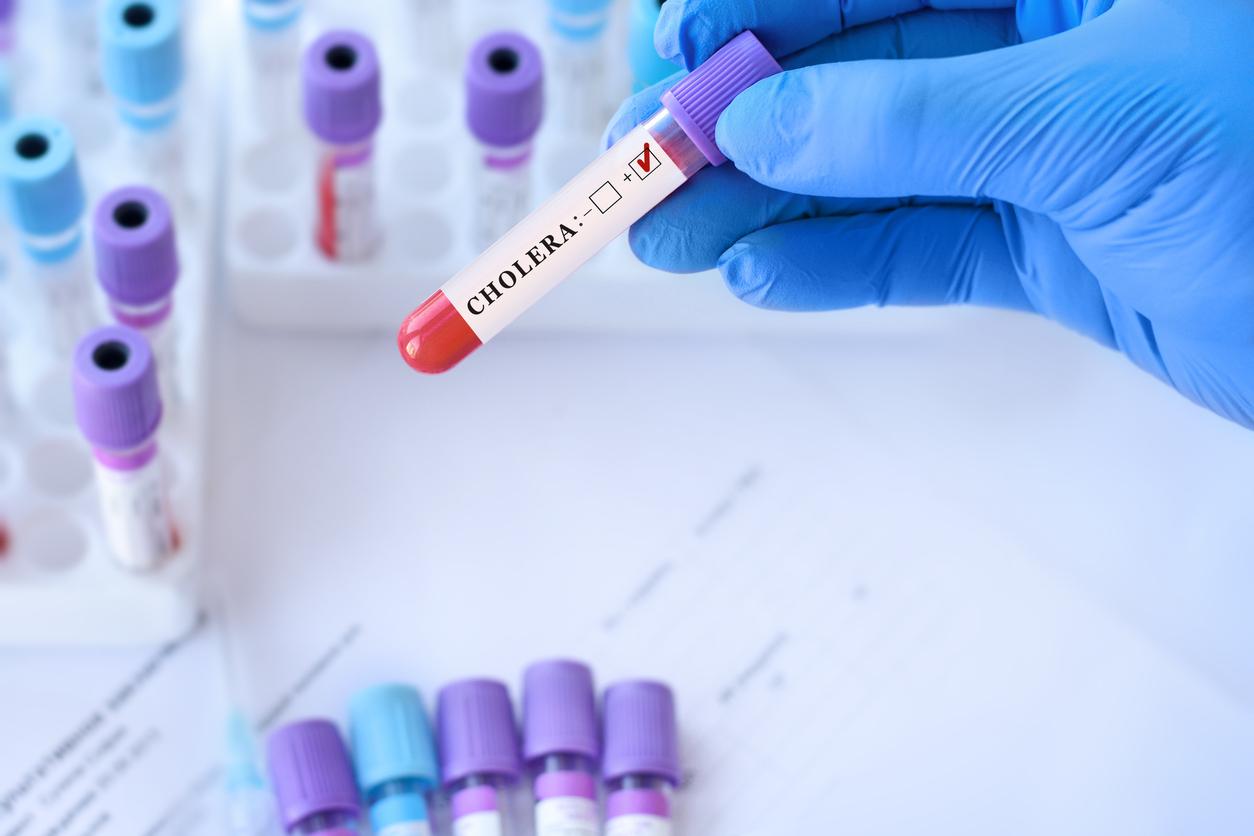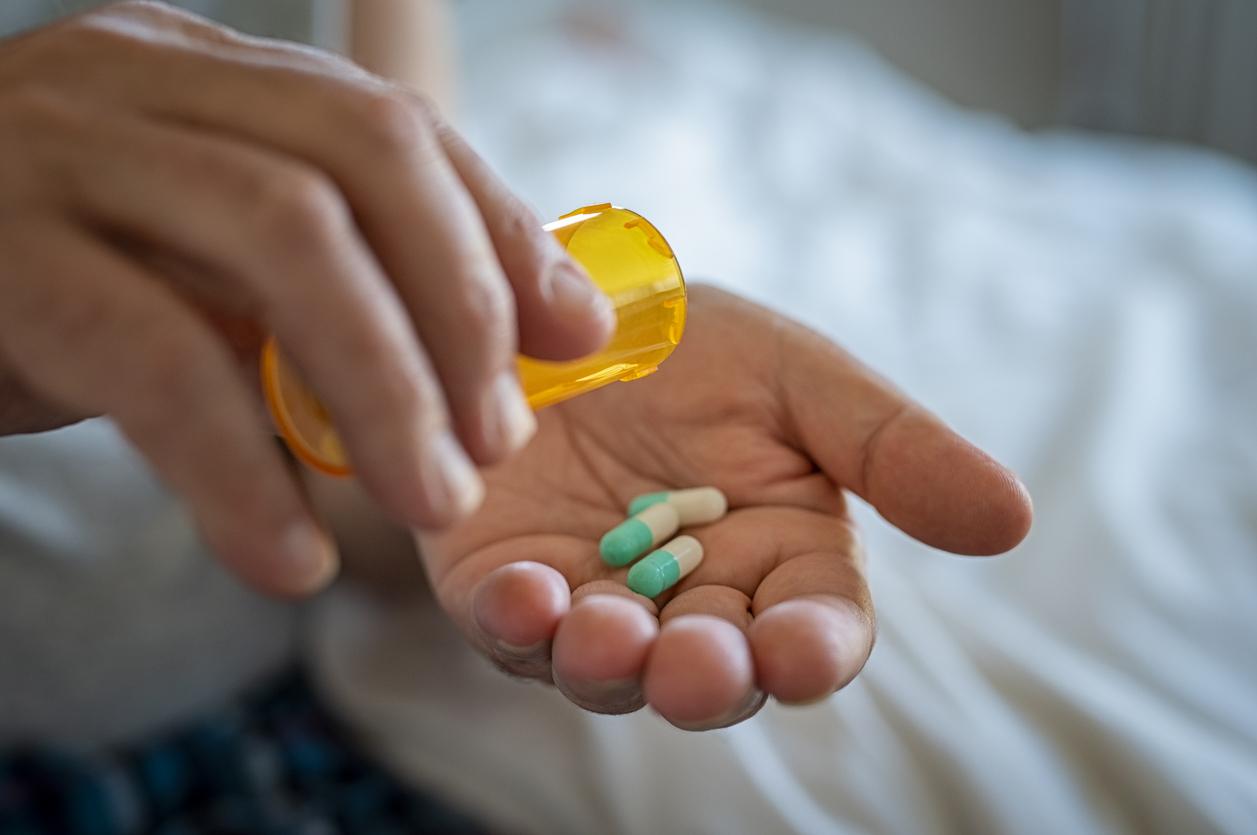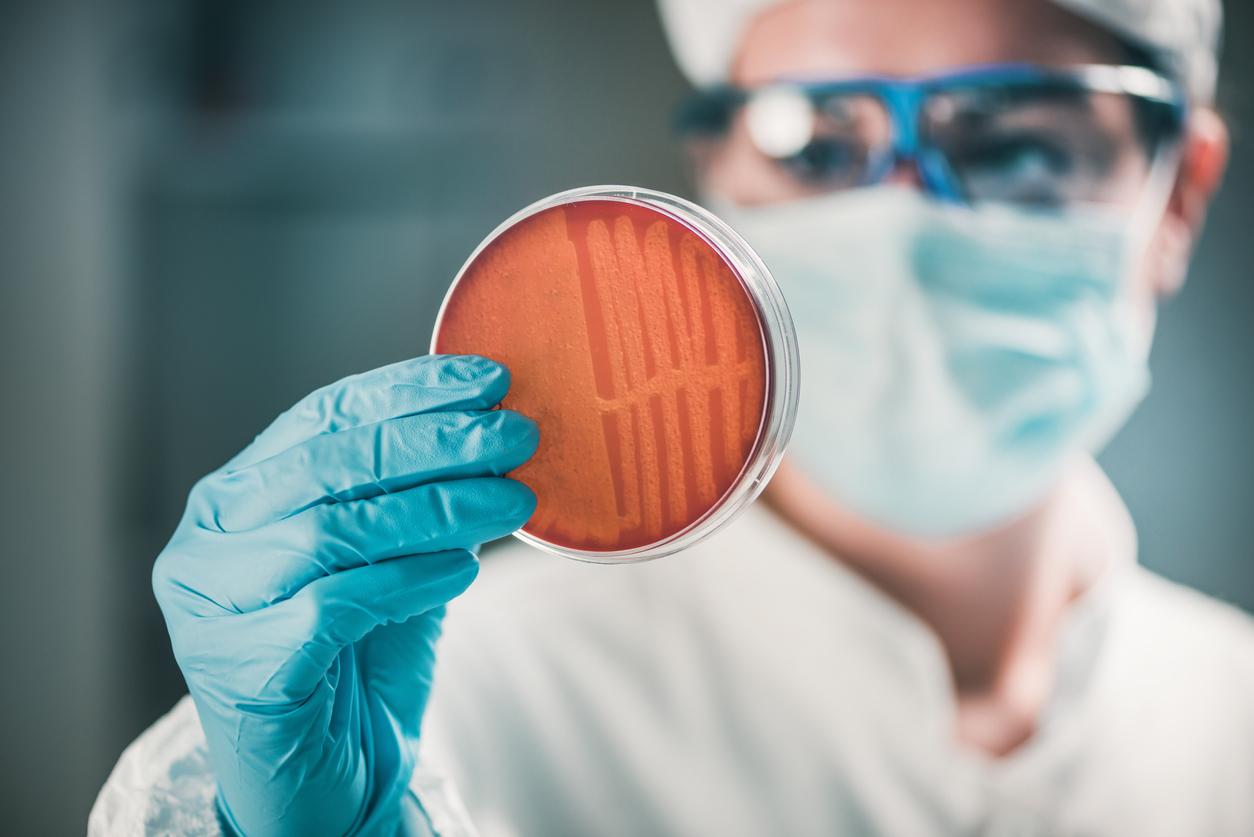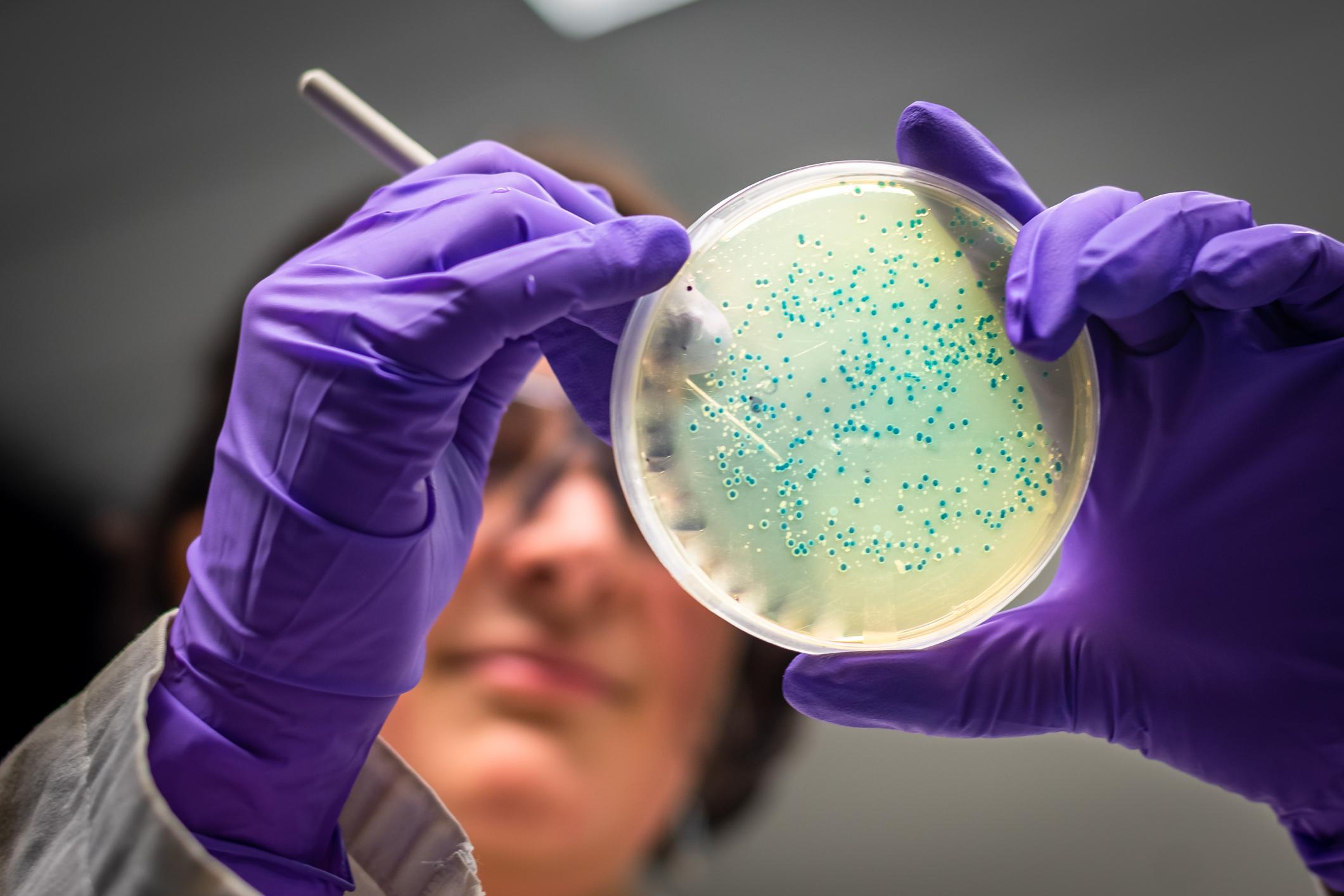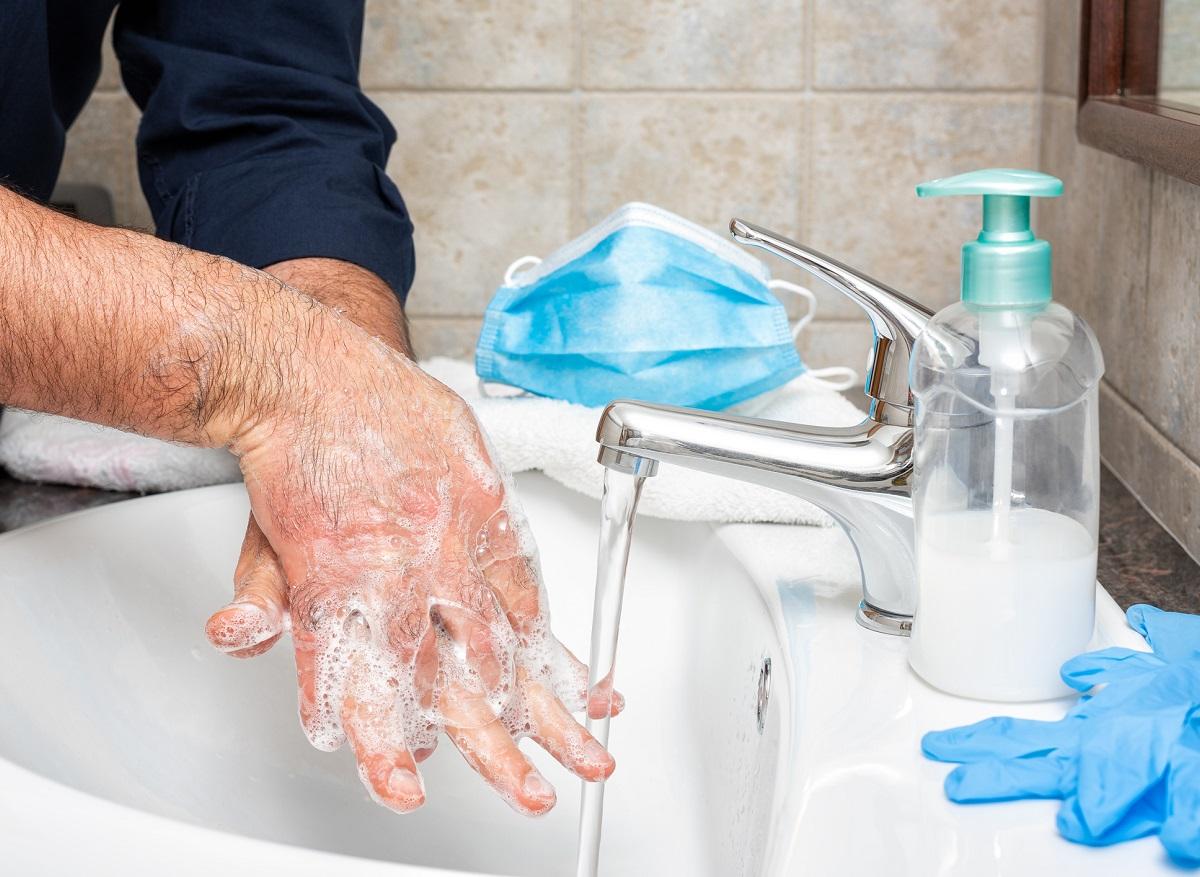A new study warns people traveling to low-income tropical countries that even when staying in hotels, they face a four times higher risk of contracting drug-resistant bacteria.

Even when staying in a luxurious hotel or private accommodation, travelers to tropical low- and middle-income (LMIC) countries run the risk of returning home harboring one or more drug-resistant bacteria in their gut.
This is highlighted by new work presented at the latest European Congress of Clinical Microbiology and Infectious Diseases (ECCMID) taking place in Amsterdam from April 13-16. According to their authors, this risk is all the more important in travelers aged between 20 and 30 years.
1 in 5 travelers have been infected
According to the authors, this study is the first to report a hotel stay as a risk factor for colonization by extended-spectrum beta-lactamase-producing Enterobacteriaceae (ESBL-PE), bacteria resistant to the majority of antibiotics.
To study the impact of intercontinental travel on the spread of these bacteria, the researchers studied the risk factors for intestinal colonization in 230 people residing in Germany who had traveled to tropical countries. The researchers took stool samples from the participants before and after their trip abroad. All travelers also completed questionnaires on risk factors, including countries they were visiting, length of stay, type of residence, symptoms, antibiotic treatment, health care use, food and hygiene.
The results showed that about 1 in 5 travelers (or 53 out of 230) contracted ESBL bacteria during their trip abroad. Those who have traveled to West, South and East Asia are most at risk: their risk of contracting resistant bacteria is four times higher than those traveling to other tropical and subtropical regions. .
The data collected also shows a surprising element: people staying in a hotel or in private accommodation were in each case four times more likely to contract ESBL bacteria than those staying in a residence such as an inn, a guest house or a camping.
Finally, the risk of colonization by beta-lactamase-producing enterobacteriaceae varies with age, the researchers found: travelers aged 20 to 30, for example, are five times more likely to contract drug-resistant bacteria than travelers aged 50 and over. This may be due to the length of stays of young travellers, who therefore have a greater risk of being colonized.
A risk of global spread
According to Dr. Lynn Meurs, co-author of the study, this new research “confirms that intercontinental travel, particularly to already known high-risk areas, is likely contributing to the global spread” of bacteria to drugs. “Colonization in itself does not cause any health problems”, continues the scientist. “However, there is a risk of infection from bacteria that patients are colonized with, especially in hospitalized patients. If this were to occur with ESBL-PEs, these infections such as urinary tract infections, pneumonia and sepsis may be more difficult to treat than infections with bacteria susceptible to standard antibiotics.”
That’s why researchers recommend travelers to tropical countries be aware that they may carry drug-resistant bacteria in the weeks following their trip. They can, however, “effectively prevent their spread to other people, for example by washing their hands regularly”.
.








